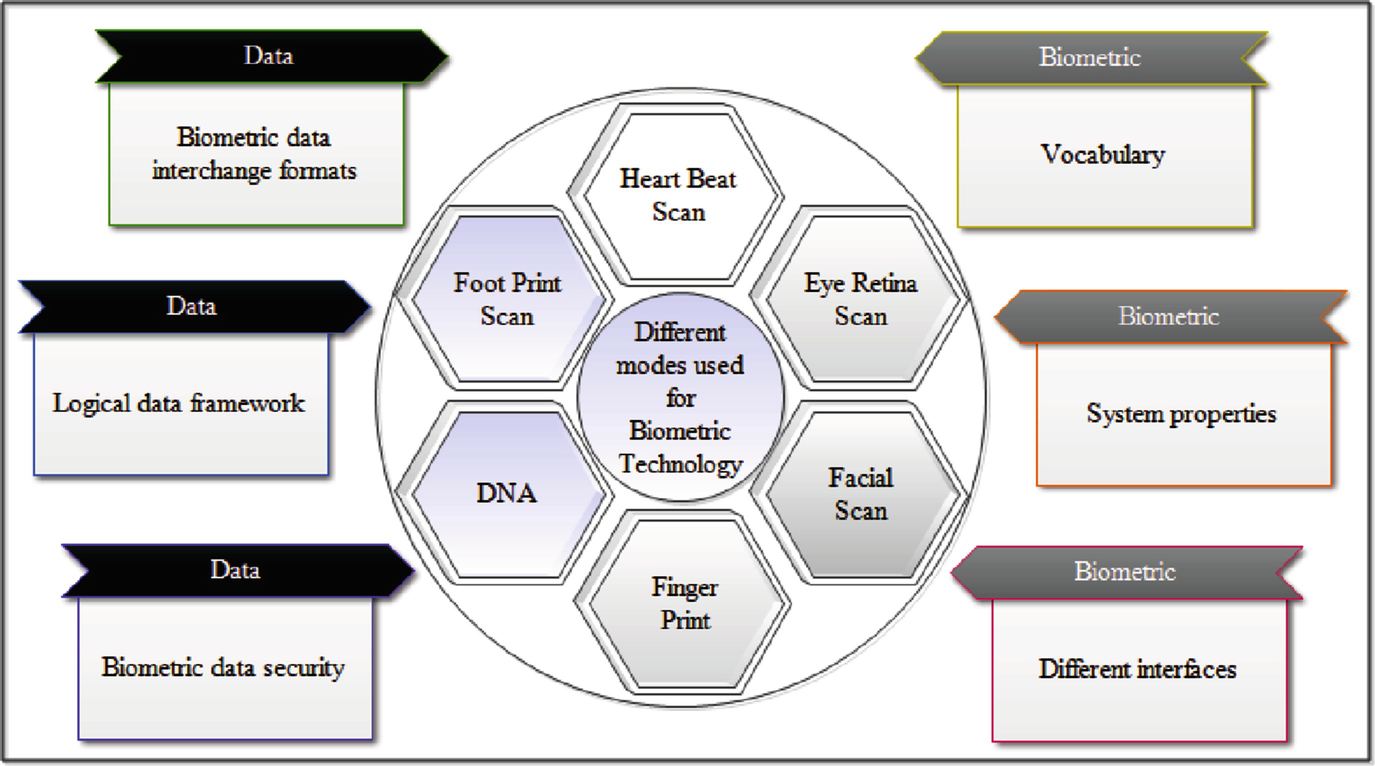Describe Some of the Ethical Concerns Related to Biometrics Technology
In the former facial recognition must be developed before it can be implemented. A major part of that development is deep learning where the program perfects its mapping ability and positive identification tools by practicing on massive data sets.

Pdf The Risk Of Using Biometrics
Different people having similar biometric characteristics.

. Large volume of data. This paper outlines fundamental biometric technical concepts biometrics drivers security. Biometric identification is a technology that identifies and authenticates individuals based on physical characteristics.
There are a number of ethical issues centering on biometric concerning privacy rights of individuals. Biometrics on Personal Devices. Biometrics arent immune to attack and theft and businesses seeking to incorporate this form of access control into their security strategies must consider the potential security and privacy risks of biometric authentication.
Bias Machine learning and algorithms must be very advanced to minimize biometric demographic bias. Development bias and facial recognition ethics of use. Ethical and Social Consequences of Biometric Technologies in the US Abstract Biometrics can be defined as all the authentication techniques relying on measurable physiological and individual human characteristics that can be verified using computers.
Besides there often exist people whose signatures are very simple and can be forged easily. The biometrics market is growing as the technology is being hailed as the new generation of defense. Describe some of the ethical concerns related to biometrics.
In summary here are a few key hurdles to biometric authentication. Many people would argue that the government is trying to gain too much information on people which some might view as dangerous or an invasion of privacy. Some people may be concerned about being biometrically scanned if they had an objection to it.
Several Issues and concerns of biometrics are listed below. Emerging ethical dilemmas in science and technology. If a company is using your biometrics your fingerprint your retina your iris to secure something for you then they have your biological records on file.
Data breaches Biometric databases can still be hacked. Examples of biometric technology are fingerprints facial recognition DNA palm print recognition hand geometry iris recognition odor recognition and etc. These ethical concerns shouldnt be grounds for discarding the potential of facial recognition technology but they should incentivize us to practice caution and transparency.
Describe some of the ethical concerns related to biometrics. There have been two major ethical concerns. The majority of concerns in regard to the development and implementation of biometric technologies relate to privacy.
A biometric identification system includes fingerprint identification iris and retina facial recognition gait or voice. Individuals view the storing of data and records as an infringement of privacy and personal rights. The scope of this paper is reflecting on biometric in terms of ethical and privacy issues.
Biometrics has many ethical issues relating to the body parts being photographed or scanned as a replacement for a passcode. Nevertheless the use of biometrics on personal devices makes perfect sense. Many people think this is a ethical concern because if the information were to be released their private information relating to their body would be out there without their.
New ethical problems regarding the use of science and technology are always arising. The big one is probably privacy. If the information technology workforce and industry giants believe they are responsible for the safe and ethical usage of technology then we will see more governance and fair use of data.
Peoples notion that biometrics will invade their privacy is in fact one of the greatest impediments to the wider acceptance of these technologies. Tracking and data Biometric devices like facial recognition systems can limit privacy for users. Biometric systems concern social and ethical issues such as transparency communication digitization and digital interaction efficiency and effectiveness of social transactions security autonomy and social flexibility.
The signature biometrics system is extensively used in every verification area but it is not attainable for users with highly inconsistent signatures. High probability of compromise. The Effect of Biometric on System Performance.
Describe some of the ethical concerns related to biometrics. However treating biometric authentication as a cure-all for security woes poses significant concerns. Consider limiting the facial recognition software you use on a regular basis and be aware of when your biometric data is being collected.
Costs Significant investment needed in biometrics for security. Yet this pioneering field has been mired in concerns surrounding privacy human rights and systematic prejudice with some biometrics technologies such as facial and voice recognition shown to produce racial and ethical bias that could see innocent people jailed or refused essential welfare benefits.

Pdf Ethical Practice In The Use Of Biometric Identifiers Within The Eu

Pdf Ethical Issues In Biometrics

Ethical Legal And Social Implications Of Biometric Technologies Springerlink
No comments for "Describe Some of the Ethical Concerns Related to Biometrics Technology"
Post a Comment